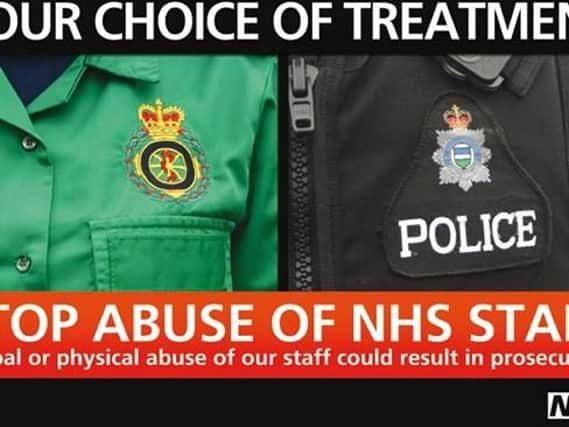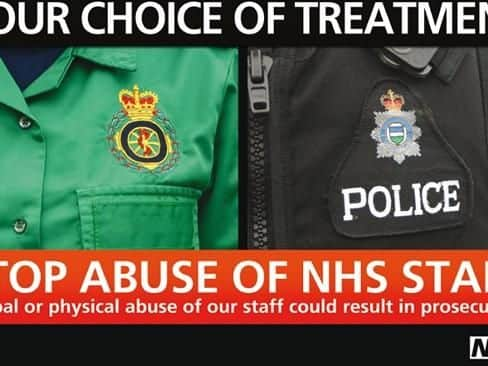New sentencing rules for people who attack ambulance crews


The maximum prison sentence for a common assault has now increased from six months to one year, if the victim is a member of the emergency services. In addition, sexual assaults will also be added to the law as aggravating features of attacks.
The Assaults on Emergency Workers Bill has been through parliament and was today given Royal Assent in the House of Lords.
Advertisement
Hide AdAdvertisement
Hide AdSince April this year, our dedicated frontline staff have reported 476 assaults, including five incidents involving spitting, five involving knives, two involving firearms and three involving racial abuse.


Mark Ward, security management specialist for EMAS, said: “We welcome this development and I hope the increase in sentencing will act as a greater deterrent to anyone who thinks of lashing out at our crews.
“Assaults on our staff are absolutely unacceptable and we take a zero tolerance approach towards anyone who verbally, physically or sexually assaults them.
“Our frontline colleagues, the team in our 999 control room and our volunteers spend their days helping the public. They deserve to be treated with respect and we will continue to work with the police and the Crown Prosecution Service to prosecute those who abuse our them.”
Advertisement
Hide AdAdvertisement
Hide AdAssaults can have a huge impact on our ambulance crews, including injuries from the incident, and stress, emotional and psychological issues in the longer term which can affect home life. On occasions when assaults have involved spitting where spit has gone into our staff’s eye or mouth, the ambulance crew have to attend A&E for blood tests and may need to take a course of antibiotics.
Assaults can impact on the level of service that we can provide too. After an incident we take our staff off duty so that their injuries can be treated, they receive the support they need, and can make a statement to the police. This means the number of ambulances available to respond to emergencies in the East Midlands reduces.
Ultimately, an assault experienced by one of our crews while trying to help someone can lead to a decline in confidence, a skilled professional leaving the ambulance service, and a reduction in the quality of service provided for our communities.